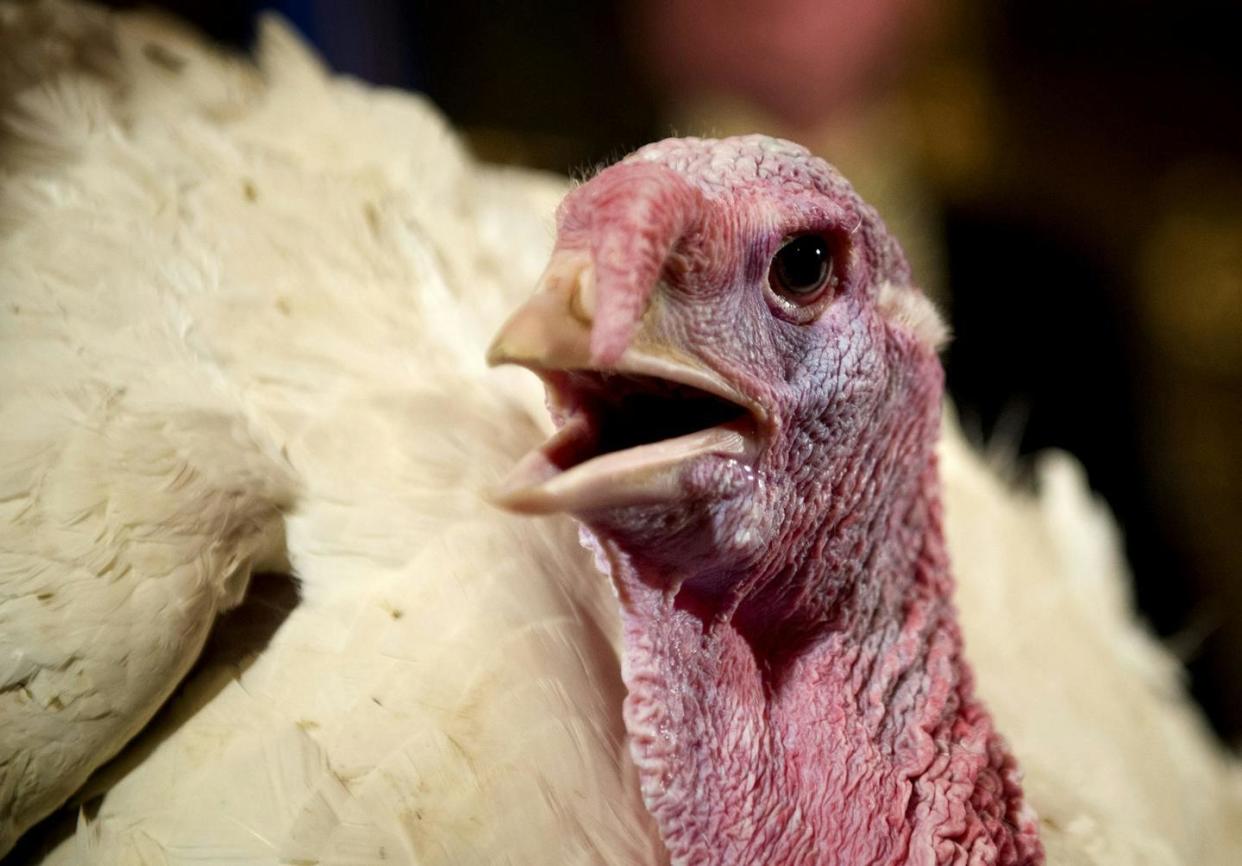Minnesota's turkey industry knocks USDA's new salmonella proposal as costly, unnecessary

A new federal rule proposed Monday would require extensive salmonella testing in raw poultry in an effort to keep the foodborne pathogen from reaching grocery stores and reduce illnesses.
The rule, three years in the making, could cost turkey growers and processors in Minnesota, which produces more turkeys than any other state.
"The potential impact on Minnesota's turkey industry is to be determined, but any time you add additional requirements that could add to supply chain delays, there's always an added cost," said Ashley Kohls, executive director of the Minnesota Turkey Growers Association. "Food safety is and always will be number one for Minnesota's turkey industry."
There are more than a million salmonella cases in the U.S. every year. About 5% of those involve turkey, and 12% involve chicken. Research published last month in the Journal of Food Protection found salmonella in 16% of tested ground turkey.
Kohls said the industry has been heavily investing in salmonella research and on-farm prevention for the past several years.
"With the work done by the industry, we can get where we want to go without implementing this rule," she said.
The U.S. Department of Agriculture said Monday that even as salmonella contamination in poultry has fallen in recent years "there has not been an observed reduction in salmonella illnesses."
"Far too many consumers become sick from poultry contaminated with salmonella, and today's announcement marks a historic step forward to combat this threat," Secretary of Agriculture Tom Vilsack said in a news release.
The USDA proposal would treat salmonella similar to E. coli and set limits on the amount of salmonella allowed in several types of raw chicken and raw ground turkey. It would also require processors to monitor for the bacteria. Producers would have to recall any products exceeding the limits.
Thoroughly cooking poultry and cleaning surfaces and utensils that come into contact with raw meat can help reduce the risk of infection.

